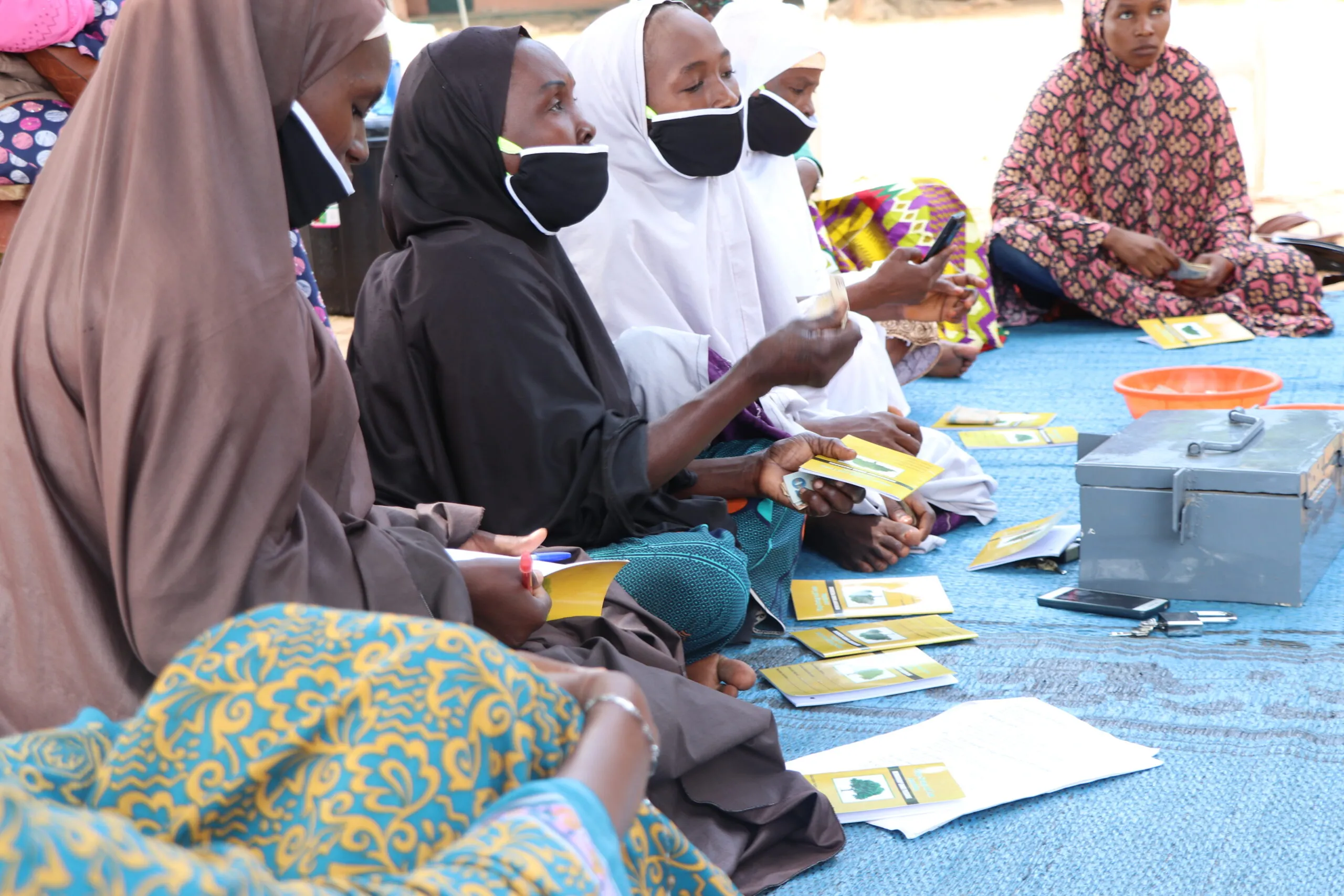
In Nigeria, the first confirmed case of COVID-19 was declared on February 27th, 2020. The outbreak in the country has recorded 1,364 cases to date with 45 deaths. CARE surveyed savings groups in the Yobe, Jigawa and Bauchi states of Nigeria in September of 2020. 239 respondents (70% women) shared their community experiences throughout the COVID-19 response.
At the 68th annual Commission on the Status of Women (CSW68), the UN’s largest annual gathering on gender equality and women’s empowerment, CARE, PEI (the World Bank’s Partnership for Economic Inclusion), the Government of Côte d’Ivoire, and the Government of Uganda brought together over 40 people from key governments & civil society organization leaders to discuss experiences and lessons learned from challenging gender inequality and achieving the Sustainable Development Goals (SDGs) through Savings Group models. The focus of the session was to explore how government-led Savings Groups (also known as Village Savings & Loan Associations or VSLAs) are a tool for gender norms transformation, women’s economic empowerment, poverty eradication and social protection. Read More
Within a localization project led by global women leaders, project partners in Afghanistan share lessons learned from having to suddenly shift to entirely online activities after the de facto authorities’ December 2021 decree barring women from working in NGOs. Read More
Within a localization project led by global women leaders, project partners share lessons learned from the implementation of the project across four countries, reflecting upon the key elements of successful project coordination across vastly different country contexts. Learnings include having productive spaces for collaboration, upholding feminist evaluation practices, and carrying out effective multi-level advocacy. Read More